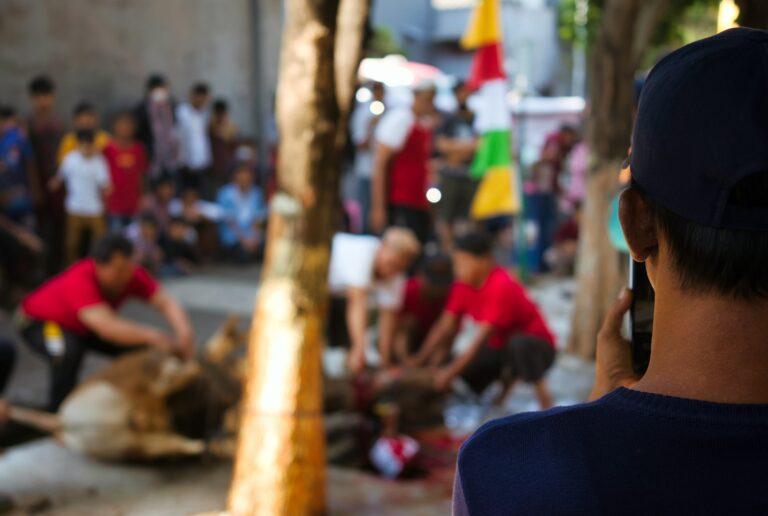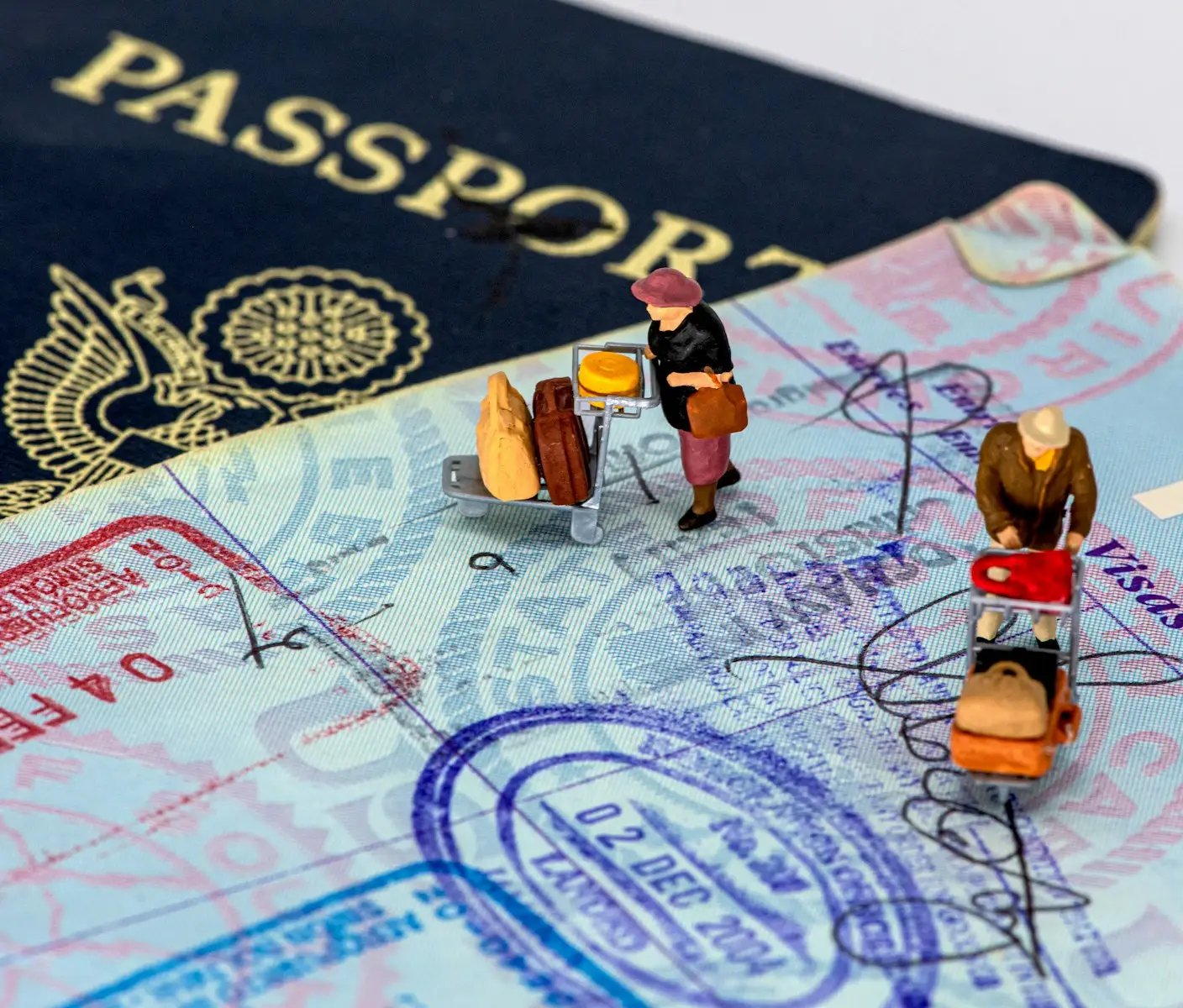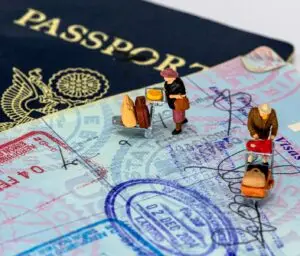Eid al-Adha, also known as the “Festival of Sacrifice,” is one of the two most important holidays in the Islamic calendar. It commemorates the willingness of the Prophet Ibrahim (Abraham) to sacrifice his son Ismail (Ishmael) as an act of obedience to God. Ultimately, God provided a lamb as a substitute for Ismail, and Muslims around the world celebrate Eid al-Adha by slaughtering an animal (usually a sheep, goat, or cow) and distributing the meat to the poor and needy.
This Blog Includes
ToggleEid al-Adha in Australia
Eid al-Adha is a significant event for Australia’s Muslim community, with an estimated 600,000 Muslims residing in the country. The festival is marked by special prayers, family gatherings, and communal feasts.
Eid al-Adha Prayers
On the morning of Eid al-Adha, Muslims attend congregational prayers at mosques. These prayers are typically followed by a sermon or khutbah, which reflects on the significance of the festival and emphasizes the themes of sacrifice, obedience, and faith.
Family Gatherings and Feasts
Eid al-Adha is a time for family and friends to come together and celebrate. Families gather for meals that feature the meat from the sacrificed animal. Traditional dishes vary depending on the region of origin, but common delicacies include roasted lamb, goat, or beef, as well as rice, vegetables, and sweets.
Community Celebrations
Many Australian cities with large Muslim populations organize Eid al-Adha festivals or carnivals. These events feature traditional music, dance performances, food stalls, and children’s activities. They provide a platform for the Muslim community to come together, celebrate their faith, and share their culture with the wider public.
The Significance of Eid al-Adha in Australia
Eid al-Adha is more than just a religious holiday for Australian Muslims; it is also an opportunity to reaffirm their faith, strengthen community bonds, and express gratitude for God’s blessings. The festival’s emphasis on sacrifice, charity, and compassion resonates with many Australians, regardless of their religious background.








